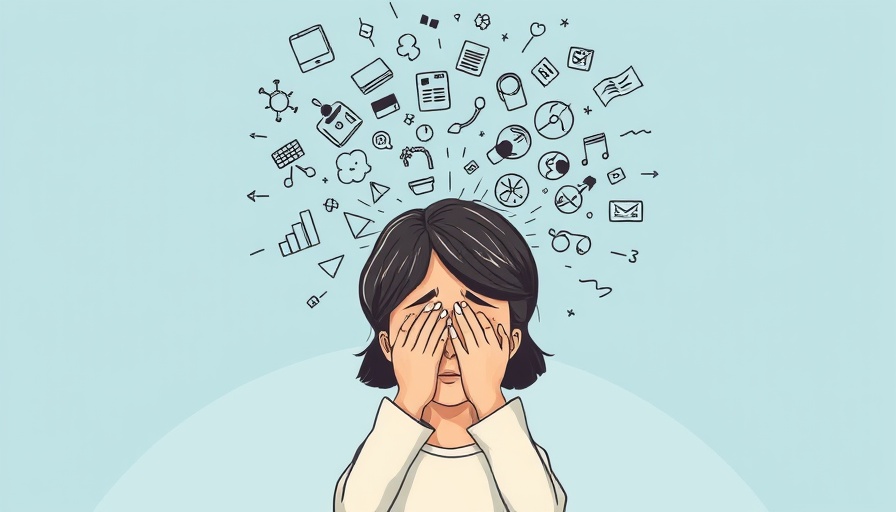
Understanding the Impact of Gender and Stigma on Mental Health
The intersection of gender, stigma, and mental health issues related to HIV remains a pressing concern. Studies show that individuals living with HIV often endure not just physical challenges but also significant mental health struggles exacerbated by societal stigma. This stigma can lead to feelings of isolation, anxiety, and depression, particularly among women, who may experience unique pressures and discrimination compared to their male counterparts.
The Role of Gender in Mental Health Outcomes
Research indicates that gender can play a crucial role in shaping mental health outcomes for those living with HIV. Women often face distinct societal expectations and responsibilities that can increase their vulnerability. They may find themselves grappling with the dual burden of managing their health and overcoming gender-based stigma, which can adversely affect their mental health. Understanding these gender-specific challenges is vital to addressing the mental health needs of this population effectively.
The Effects of Stigma on Individuals Living With HIV
Stigma surrounding HIV can manifest in various forms, such as social rejection, discrimination in healthcare settings, and internalized shame. This stigma not only hinders individuals from seeking necessary healthcare and mental health support but also intensifies feelings of worthlessness and despair. In order to combat these effects, there must be an ongoing dialogue about HIV, accompanied by educational initiatives aimed at demystifying the virus and its transmission.
Strategies for Support and Empowerment
Addressing the intertwined issues of gender and stigma requires a multifaceted approach. Mental health support tailored to the unique experiences of people living with HIV can help foster resilience. Strategies may include support groups, access to counseling services, and educational programs designed to reduce stigma. Additionally, engaging stakeholders, from healthcare providers to community leaders, is essential to promote an inclusive and stigma-free environment.
Future Insights: Evolving Perspectives on Mental Health in HIV
As public awareness continues to grow, it's imperative to leverage this momentum to advocate for policy changes that promote mental health equity among those living with HIV. Initiatives that address gender disparities and stigma can pave the way for improved mental health outcomes, enabling individuals to not only manage their health conditions but also lead fulfilling lives.
In conclusion, the intersection of gender and stigma presents a formidable barrier to mental health for individuals living with HIV. Awareness and advocacy are key to creating supportive environments that empower individuals. By understanding and addressing these challenges, we can facilitate better mental health outcomes for all.
 Add Row
Add Row  Add
Add 




Write A Comment